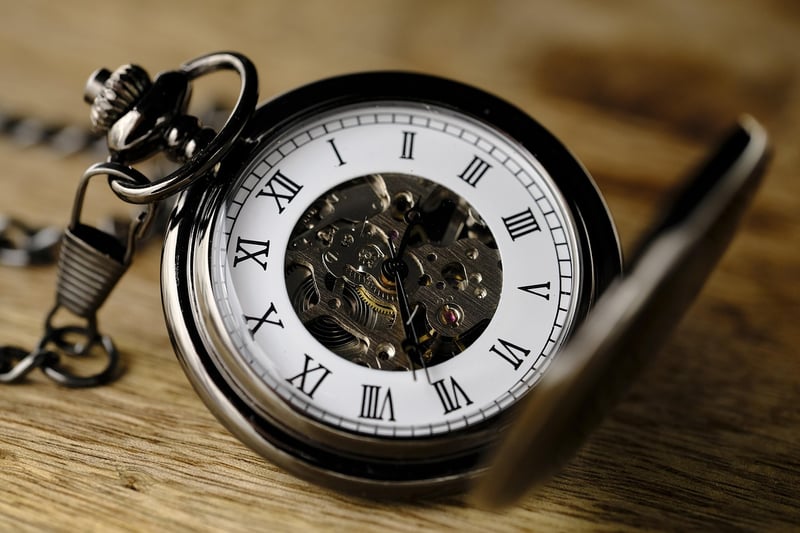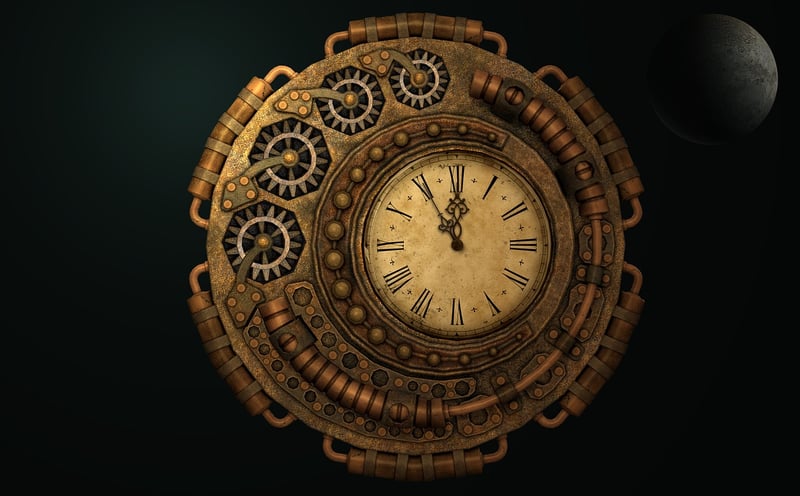Altering the Past
Unraveling the Mysteries of Time Travel: Changing the Course of Time and Altering the Past
Time travel has been a captivating concept in science fiction for decades, but is altering the past really possible? Let's delve into the fascinating world of time manipulation and the implications of changing the course of history.
The Theory of Time Travel
According to theoretical physics, time travel is not ruled out by the laws of nature. Concepts like wormholes, time dilation, and the theory of relativity open up the possibility of journeying into the past or future.
Changing the Past
One of the most intriguing aspects of time travel is the idea of altering the past. The concept raises numerous paradoxes, such as the grandfather paradox, where changing the past could have unforeseeable consequences on the present and future.
Grandfather Paradox
The grandfather paradox poses the question: what happens if you travel back in time and prevent your grandfather from meeting your grandmother? This paradox highlights the complexity and unpredictability of altering past events.
Ethical Considerations
The ethical implications of changing the past are profound. Should we meddle with historical events, even if with good intentions? The butterfly effect, where small changes can have significant repercussions, adds another layer of complexity to the debate.
Visualizing Time Travel
Immerse yourself in the world of time travel with these stunning images:
Conclusion
While changing the course of time and altering the past remain theoretical concepts, the implications and mysteries surrounding time travel continue to fascinate scientists and enthusiasts alike. Whether it's a thought experiment or a journey into the unknown, the idea of manipulating time will always spark our imagination.
Remember, the fabric of time is delicate—tread carefully when contemplating the power to change the past.



